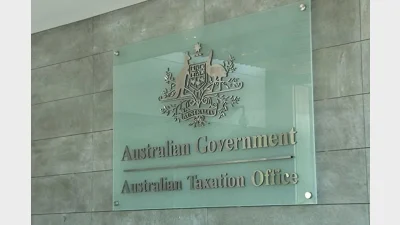(August-2002) Baby boomers guarantee super through property
Australia’s ageing baby boomers, aware that existing super guarantee levels are insufficient to support them in retirement, have significantly increased their level of property investment over the past five years, according to head of property research at Macquarie bank, Rod Cornish.
In 1994, 19 per cent of owner-occupiers aged 45 to 55 had a mortgage, and by the start of the decade this figure had grown to 27 per cent.
According to Cornish, while these figures may not appear substantial, they represent a 42 per cent increase over the period.
“This indicates they have used the equity in their houses to take out an investment loan…figures show loans to investors account for 30 per cent of total mortgages issued over the past five years.”
Cornish says the figures reflect a growing trend of individuals investing in property and not, as some analysts suggest, simply a representation of investors re-allocating funds after the tech-wreck.
“The baby boomers have come to realise that their existing levels of contribution will not provide enough retirement income to get them through,” Cornish says.
Cornish also highlights that the residential sector is not the sole recipient of baby boomer property investment.
“In an environment of low inflation, direct property and listed property trusts have also experienced significant inflows from these investors.”
Listed property trusts (LPTs) have increased in market capitalisation from $13 billion in 1995 to $42 billion in 2001.
While the majority of growth in LPTs has been achieved courtesy of institutional investing, Cornish identified that baby boomers saving towards their retirement also accounted for a reasonable proportion of the total.
“There’s also been a strong demand for direct commercial property from this same age group, most notably in office and retail,” Cornish says.
The trend identified by Cornish is not an exclusively Australian phenomenon, but part of a wider international trend, where, in a demographically changing environment, individuals are seeking to safeguard themselves in retirement.
Recommended for you
The industry fund has called on ASX 300 companies to strengthen priorities around resilience, climate, and gender, while itself facing criticism over fossil fuels.
Industry fund HESTA has filed an appeal against an ATO decision on tax offsets from franking credits, with the Australian Retirement Trust set to file a similar claim soon.
The latest superannuation performance test results have shown improvements, but four in 10 trustee-directed products continue to exhibit “significant investment underperformance”, warns APRA.
The corporate regulator has launched civil proceedings against Equity Trustees over its inclusion of the Shield Master Fund on super platforms it hosted, but other trustees could also be in the firing line.











